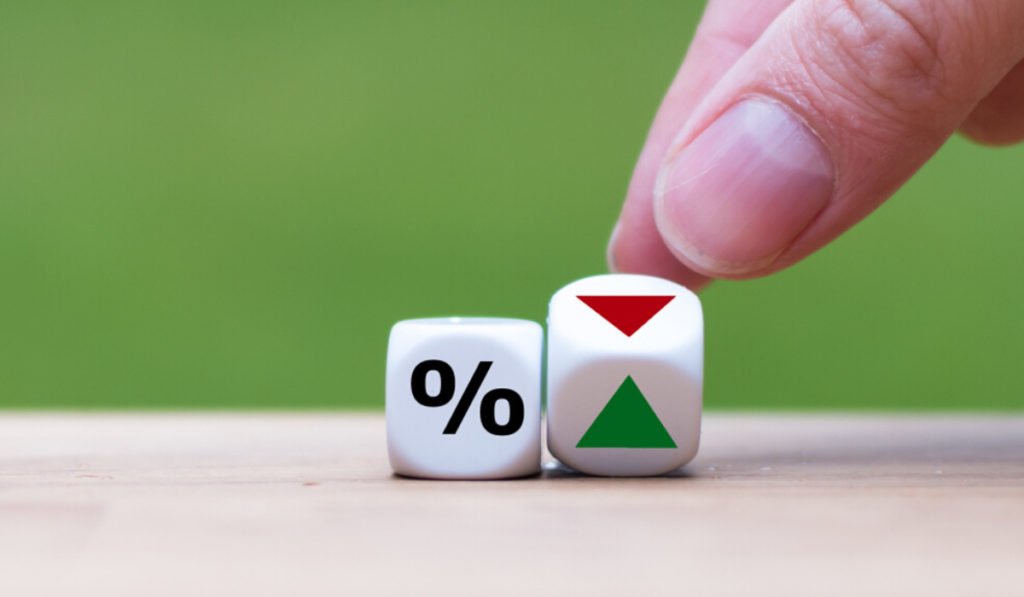Many people are applying for home loans these days. However, you might not know the rates that apply to mortgages. Many factors affect the amount of home loan you can apply for. These include; monthly income, time to repay the loan, repayment, and down payment. The interest rate on your home loan is one of the most important factors that need to be considered. Therefore, knowing more about the interest rate on your home loan will come in very handy. Thus, this article addresses key things you need to know about your home loan interest rate.
Credit Score
The interest rate applicable to your home loan is determined by your credit score. The better your score, the lower your interest rate and vice versa. This means that if you have a good credit history and a good credit score, it is likely that you will find a mortgage fast. However, if you have a bad credit score, applying for loans is more difficult. Your financial history will be investigated by your lender. Through this, they’ll determine whether you are deserving of the best rates or not. Therefore, maintain a good credit score before browsing through VA homes for sale.

Marginal Cost of Funds-based Lending Rates (MCLR)
MCLR is used to determine your mortgage interest. MCLR rates are revised every month, and your lender determines it. The changes in the MCLR rates are taken into account when you make repayments on your home loan. Yet, many people pay more interest than they need to. Such incidences happen when one doesn’t understand how these changes affect monthly repayments.
Loan to Value Ratio (LTV)
LTV refers to the percentage of your home’s value to the loan you apply for. If you can afford most of the cost of buying a house, then lenders give you the best rates. Yet, if you can’t afford most of the cost of buying a house, you will apply for loans with high LTV. If you have a high loan to value ratio, your interest rate will be low. The same principle applies when your monthly income is low or weak.
Type of Interest Rate
As mentioned above, different interest rates apply to home loans. There are various options such as fixed-rate, floating-rate, and base rate. If you choose a fixed rate for your home loan, the interest you pay will be the same throughout repayment. The other type is the floating rate, which changes over time, depending on the market. Central banks determine the base rate, which varies from country to country.
Down Payment
The down payment you make on your mortgage loan is another factor that will affect the interest rate. Lenders might agree to give you a lower rate depending on the amount of money you are willing to pay as a down payment. Applying for larger down payment loans can be difficult since most people don’t have them.

Location of the Property
Your property’s location is another factor that will affect your interest rate. This varies from one place to the next. If the homes in your area are in high demand, the rent will be higher as well. Therefore, when applying for a home loan, make sure that you know the rates in different locations. You can achieve this by checking online or asking your lender.
Tenure of Repayment
Your home loan repayment term also affects the type of interest rate that applies to you. Different terms come with different rates. For example, a 10-year repayment term has a higher interest rate than a 20-year repayment. Thus, make sure that you know the terms of repayment before signing your contract.
Job Profile
Your job profile also affects the interest rate that you pay. If your employer gives you a written employment contract, it can help you get a lower rate for your home loan. But, if you are self-employed, applying for loans might be difficult. Lenders will always be uncertain about your financial status.
Know Your Home Loan Interest Rate!
Home loans are available with interest rates, and not all offer the same benefits. So, you must understand how these factors influence your monthly repayments.






